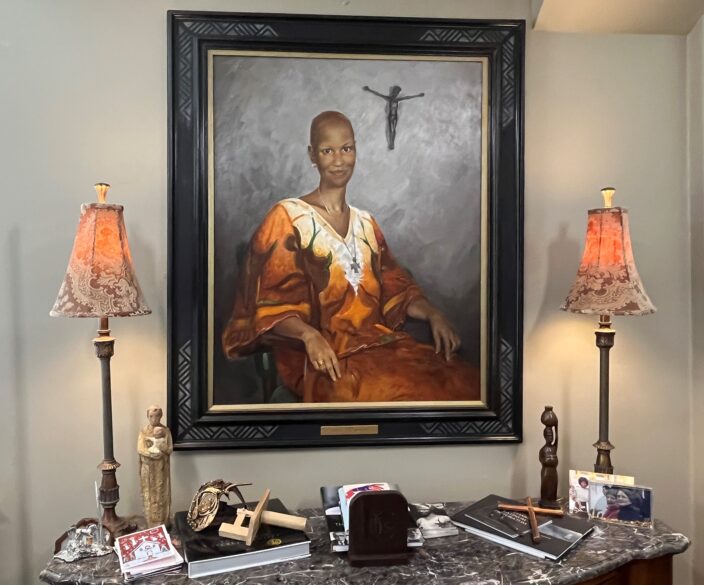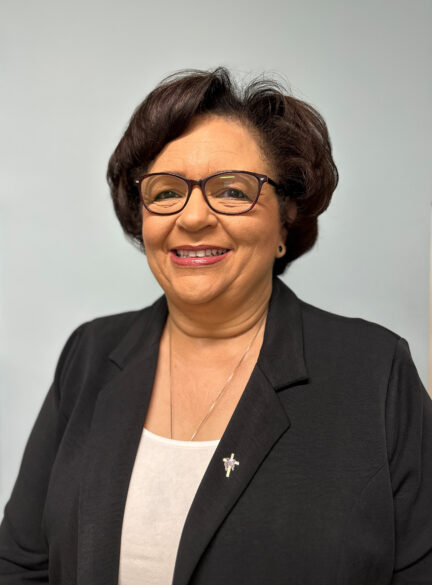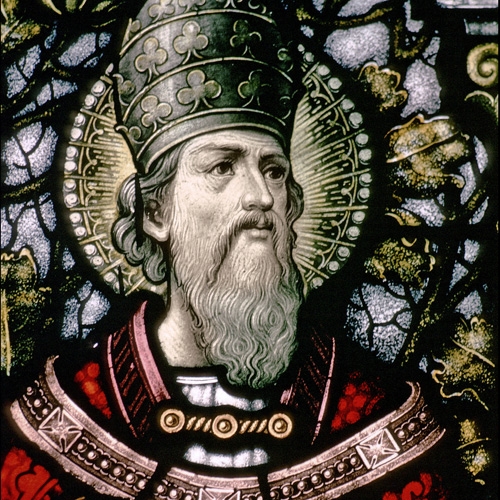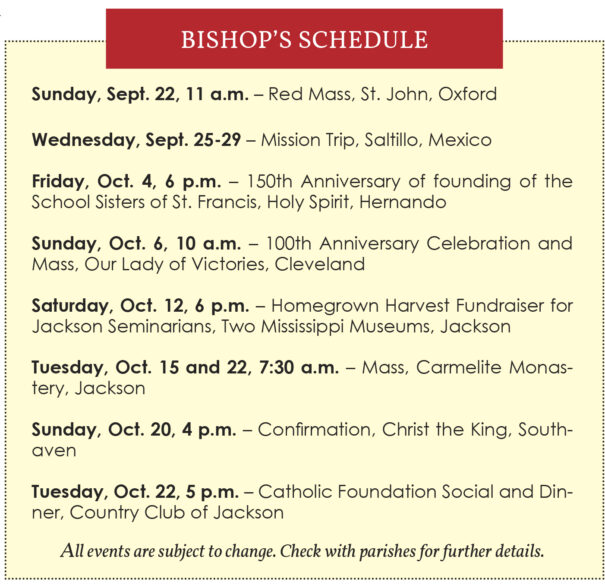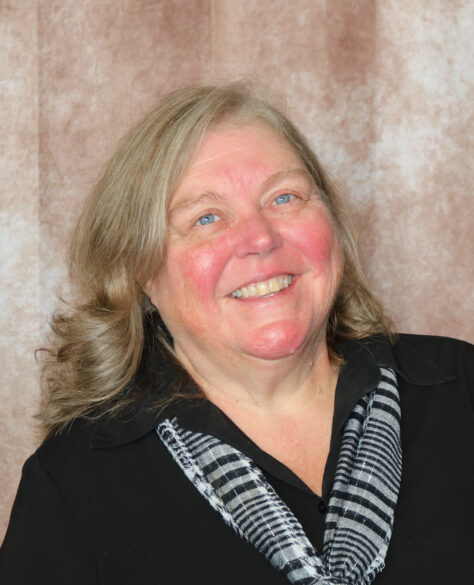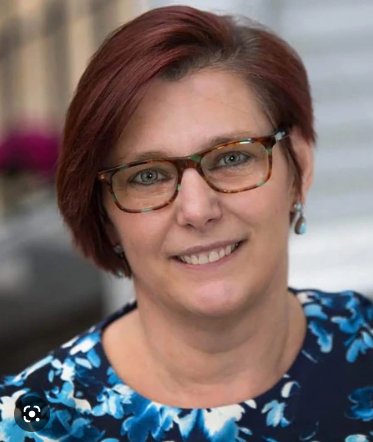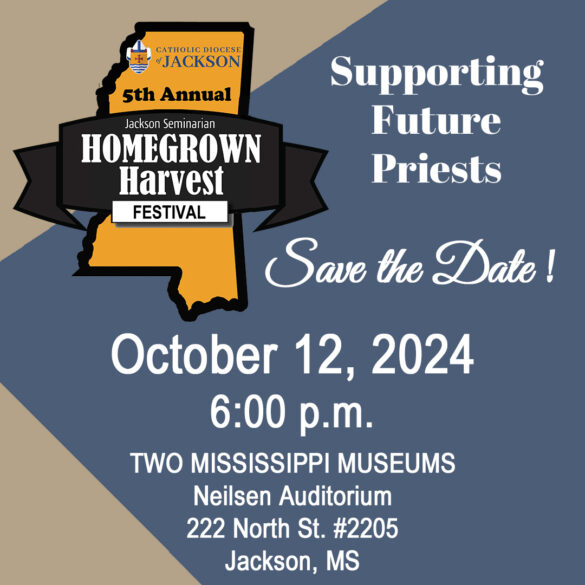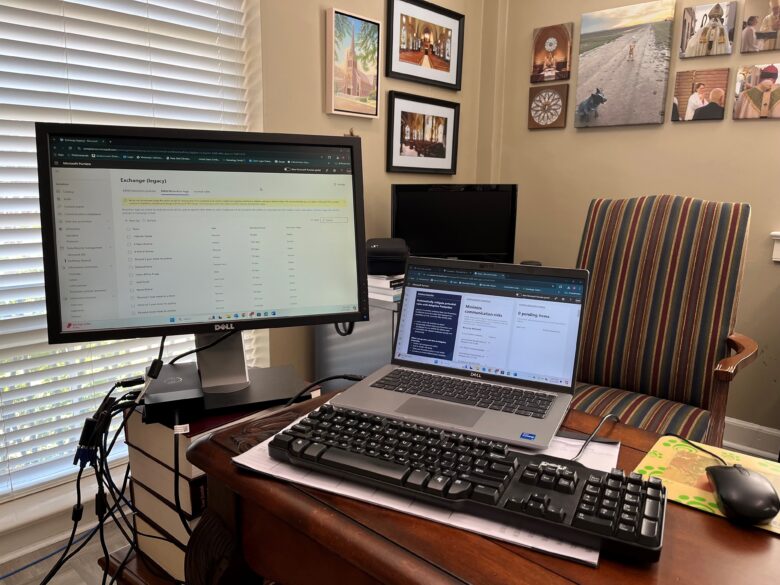FROM THE HERMITAGE
By sr. alies therese
Olympic athletes are exhausted. Revive. A single mother has worked two jobs. Revive. The tent went up in the small rural town, the preacher arrived and the people filed in. Revival.
S.E. Hinton, author of The Outsiders says, “Rat race is a perfect name for it. We’re always going and going and going, and never asking where … It seems like we’re always searching for something to satisfy us, and never finding it.”
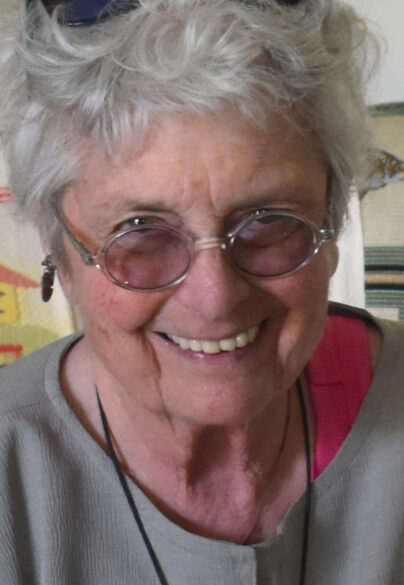
Searching for revival seems a real thing today in our political moment, in our moment when all seems lost, in a moment when we discover the message of the Scripture. Revival invites us to rest, recover, and feel something new. Maybe you celebrate the Sabbath (the Lord’s Day)? It is a day of revival. It might be Sunday when you or the family chill, play, and eat family favorites. Every Sunday, we can have a day to interrupt the rat race. Every Sunday, we can enter into the peace of God. Every Sunday. Revival. It is the day we can help, hug, and encourage one another to continue searching and learning to love. We can even take a nap! Maybe that’s why it is called Sabbath rest?
“On the seventh day God finished His work.” (Gen 2:1-3) The heavens and the earth were finished.
Restoration continues this notion of revival by reminding us that on that day God not only rested but He “sanctified and blest the day.” How is that going with you? We enter into this sanctification in one way by attending Mass, where we meet Jesus and our community. We are restored to health and reminded that “the seventh day is a Sabbath of solemn rest holy to the Lord.” (Third commandment)
Restoration is gleaned by allowing ourselves to be forgiving and … forgiven. Repentance is a way to restore harmony in the family, in the town or in the country. Indeed, in God’s universe. One way to do this is to allow our Sabbath day to be a constant in our lives. If I make a doctor’s appointment and write it in my diary … unless something tragic happens, I attend. We can do the same with the Sabbath. It is God’s day … it is our day to be refreshed and restored in His love.
Finally, from paying attention to what revival and restoration do for us, we become replenished with an overflowing joy that we have distanced ourselves from anger and hatred, fear and anxiety. Yes, we open up like newborns and breathe deeply. Our hands are lifted to the Lord, our minds are refreshed, and most importantly our hearts have been refilled with God’s loving-kindness. When we were not kind previously, we can say sorry and allow the kindness of God to fill us and we can pass it on to others. Happiness comes from allowing God, who will always replenish us with kindness, joy, and love, to overflow into the family or community.
The English American writer Frances Hodgson Burnett in The Little Princess reminds us, “Anyone who is kind wants to know when people have been made happy. They care for that more than being thanked.”
So, begin to practice a real Sabbath day (Sunday the Lord’s Day) each week and you will deepen your love of God. Learn to read the Scriptures on that day, share them with your family, and know that this love letter from God is to restore you as He replenishes you. Gratitude will be your best prayer.
Blessings.
(Sister alies therese is a canonically vowed hermit with days formed around prayer and writing.)

